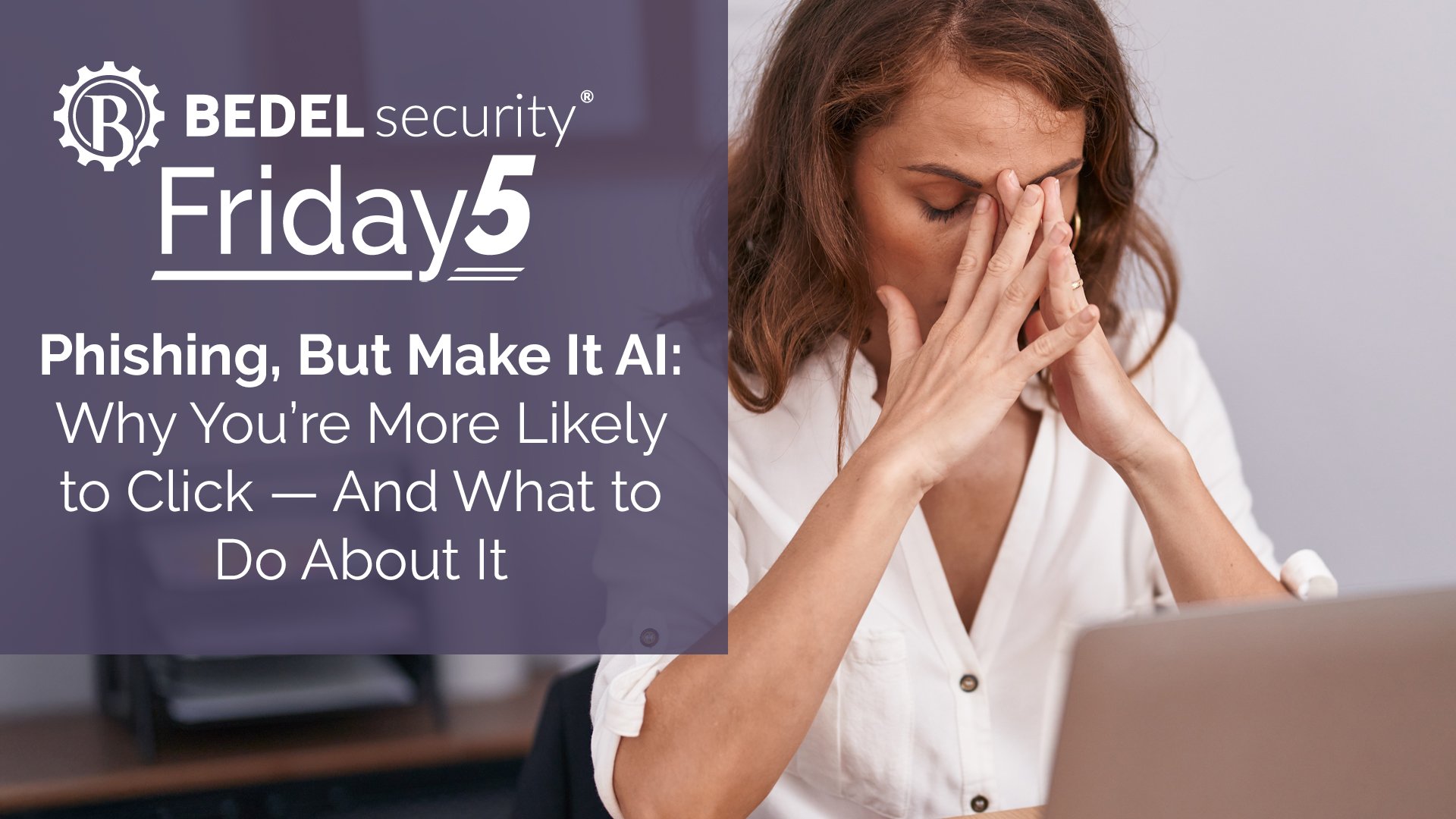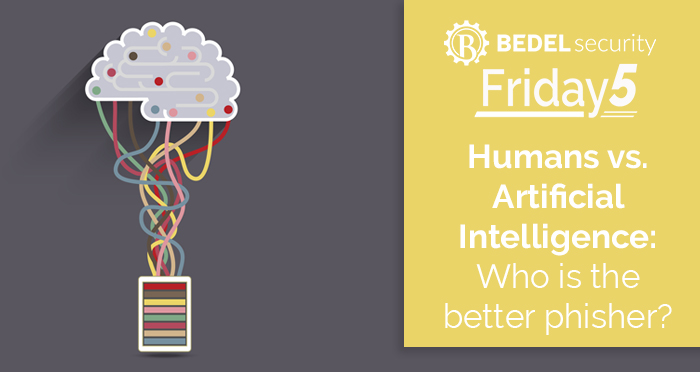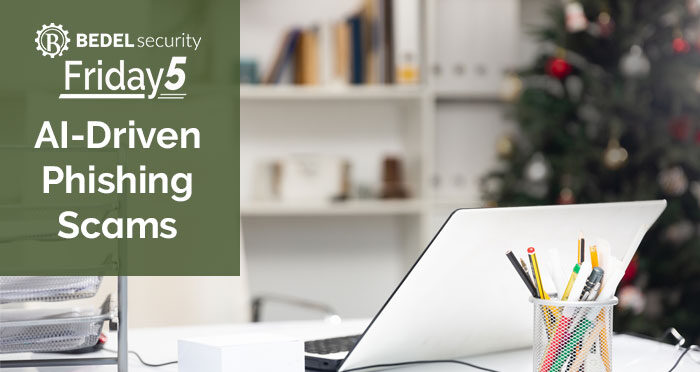Humans vs. Artificial Intelligence: Who is the better phisher?
What an interesting question and an article published recently gives us the answer, at least for today. Stephanie Carruthers, the chief people hacker...
1 min read
Errica Padgett : May 23, 2025

Remember the phishing emails of yesteryear? Misspelled words, weird formatting, maybe a Nigerian prince or two?
Those days are over.
Today’s phishing scams are being written by AI — and they’re dangerously convincing. They’re grammatically perfect. Emotionally persuasive. Tailored to your industry, your role, maybe even your recent LinkedIn post.
In short: you’re more likely to click, download, or reply — and that’s exactly the problem.
A recent report showed click rates on AI-generated phishing emails were much higher than traditional phishing. That’s not a typo — and those clicks? They lead to malware downloads, credential theft, and full-blown breaches.
AI didn’t invent phishing — it just made it faster, smarter, and harder to spot. But the solution isn’t panic — it’s preparation.

What an interesting question and an article published recently gives us the answer, at least for today. Stephanie Carruthers, the chief people hacker...

As we enter the holiday season, many of us look forward to festive gatherings, shopping sprees, and, of course, sharing the season’s joy with loved...

This has been a very interesting question since we’ve started phishing training, which for me was around 2016. So, for about ten years, I’ve heard...